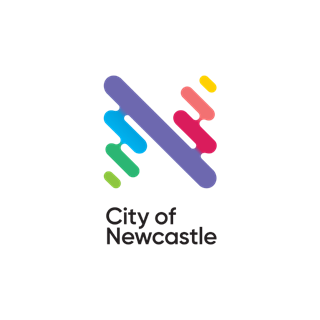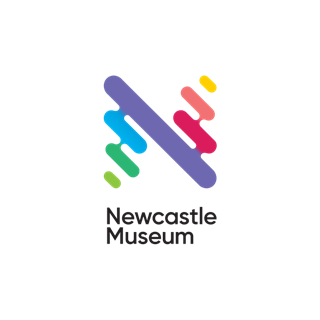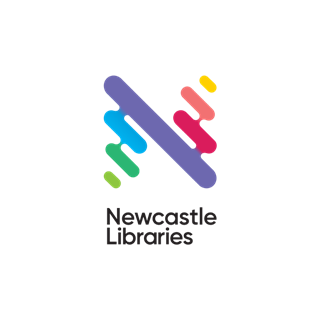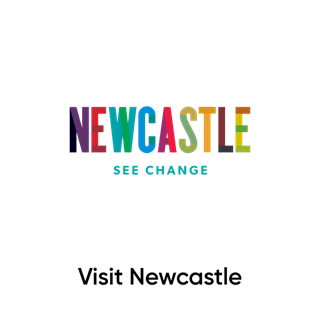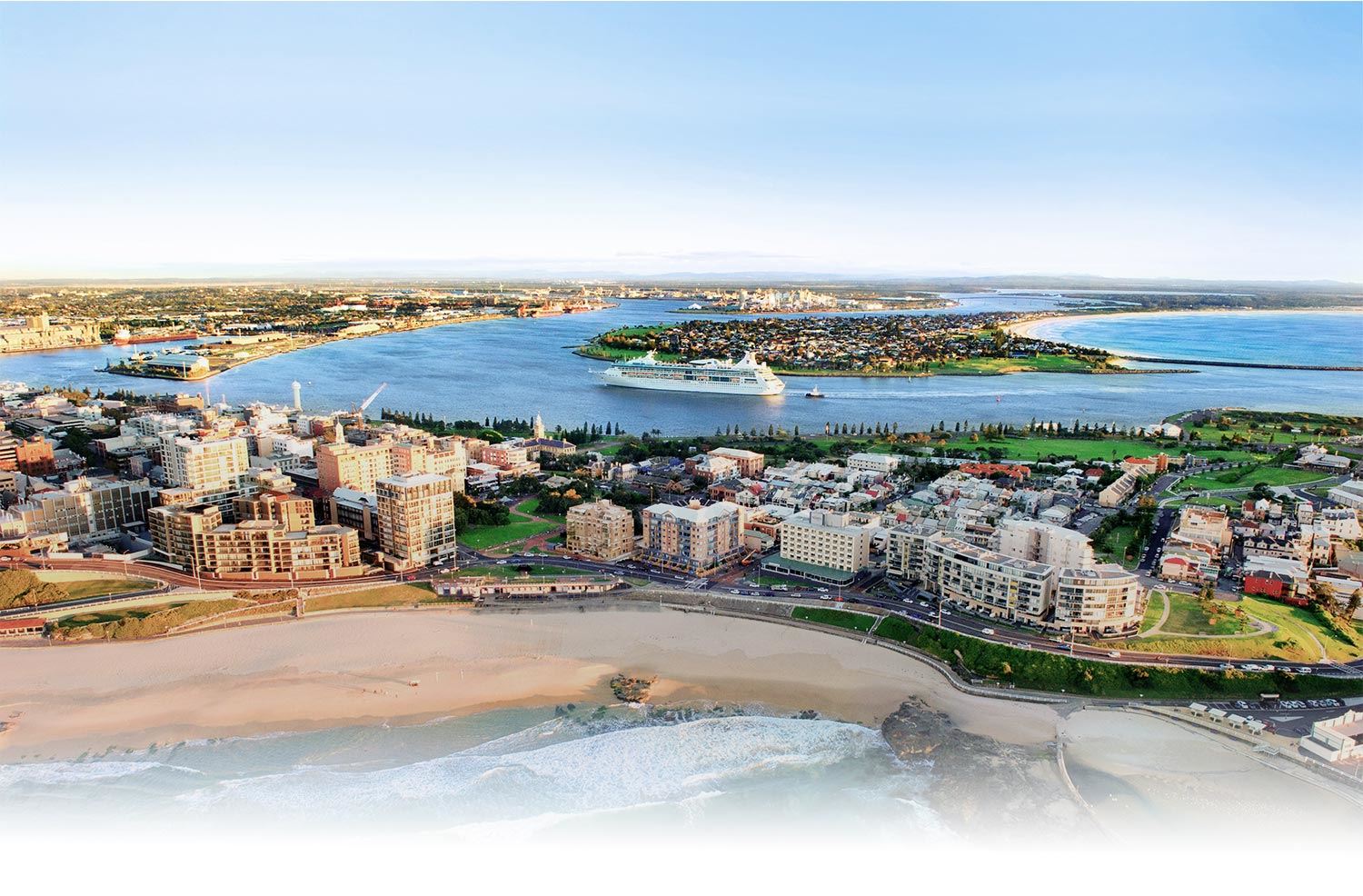
Major events the ticket to Newcastle’s economic success
24 Oct 2021
Major events have broad support from residents and businesses, while each Supercars Newcastle 500 delivers an average $36.2 million in economic output and 149 jobs, according to global accountancy firm Ernst & Young (EY).
City of Newcastle (CN) engaged EY to evaluate community perceptions of major events with a statistically robust survey of 650 locals and businesses, and to undertake an economic analysis of the Newcastle 500 as part of an ongoing review and planning process.
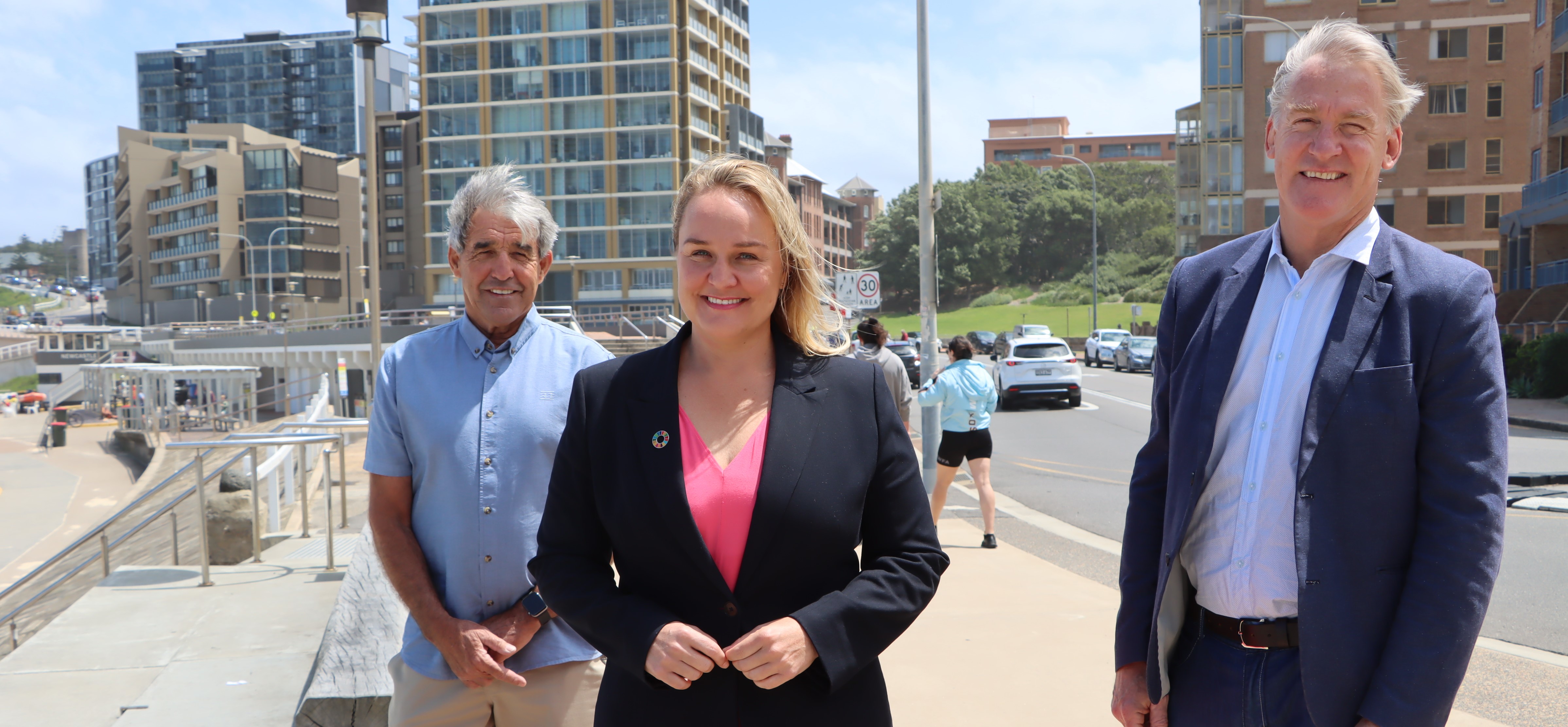
EY found more than two-thirds of residents and businesses believe the benefits of major events outweigh any negative impacts, along with strong support for CN's investment in attracting large events.
Lord Mayor Nuatali Nelmes said events were a key part of delivering on City of Newcastle's vision of being a vibrant emerging global city.
"Newcastle's position as an events city has been growing since the early days of Surfest in the 1980s, but it was only after delivering our first Newcastle 500 in 2017 that the rest of Australia has really taken notice," Cr Nelmes said.
"Research tells us that events deliver both an immediate and ongoing benefit for the community and economy, with greater visitation, investment and liveability outcomes.
"Local tourism and accommodation providers that have been heavily impacted by COVID-19 will be looking forward to and benefit from the economic stimulus provided by the Newcastle 500's return in March next year.
"Major events in Newcastle, be they motor racing, music festivals or world-class surfing, are here by design, not by chance. On the back of research like the EY reports, we'll continue working to build Newcastle's position as a global events city."
Business support for events is especially strong, with more than three-quarters saying the benefits of major events outweigh any disruptions, while 88 percent believe major events are a benefit for businesses across the LGA.
The benefits of major events are also enjoyed throughout the region, with a resounding 96 percent of accommodation providers outside of Newcastle saying major events deliver benefits to the region as a whole.
When asked which major event had the most positive impact on turnover, the Newcastle 500 came out strongly on top for both local businesses and accommodation providers in the region. CN's annual budget for the Newcastle 500 (including a licence fee to Destination NSW and services provided to Supercars) is $1.6 million, which means for every $1 of ratepayers’ money invested in the race, $22.60 is returned to the local economy.
More than 80 percent of residents said major events are a benefit for the city, and 60 percent were either supportive or neutral for the Newcastle 500 continuing.
EY's economic assessment measured the impact of the 2017, 2018 and 2019 Newcastle 500 events, finding an upward trend in big-spending international and interstate visitors offsetting a slight decline in total spectators from the inaugural event.
Business Hunter CEO Bob Hawes said the return of major events to Newcastle was something to look forward to as the city emerges from COVID-19 restrictions.
"Events bring a significant amount of economic stimulus, particularly through the visitor and hospitality sectors, which are those that are hurting the most right now because of COVID-19," Mr Hawes said.
"Confirmation from Supercars Australia that the Newcastle 500 would be returning in March 2022 has been very positive news for the Hunter's businesses, and the research released by City of Newcastle matches the feedback we are receiving from many of our members."
Ernst & Young Partner Erik Heller said a conservative methodology has been adopted in analysing the benefits of major events, while the economic impact of the Newcastle 500 was determined by estimating the direct and indirect expenditure of people that visited Newcastle for the event or extended their stay following the event.
"Ernst & Young has taken a balanced, statistically-driven approach in evaluating residents, businesses and accommodation providers' awareness, perception and sentiment towards major events in Newcastle," Mr Heller said.
"To capture a robust sample of people who live in the Local Government Area (LGA), quotas and weighting have been applied to provide results that are representative of the population of Newcastle based on age, gender and ward populations.
"The weighting process has also been applied to collecting data from businesses, considering 17% of businesses are located in the City Centre and 83% are in the wider Newcastle LGA."
The relevant reports, the 'Newcastle Major Events Evaluation' and 'Economic Impact of the Newcastle 500 Supercars Event' can be downloaded here.


